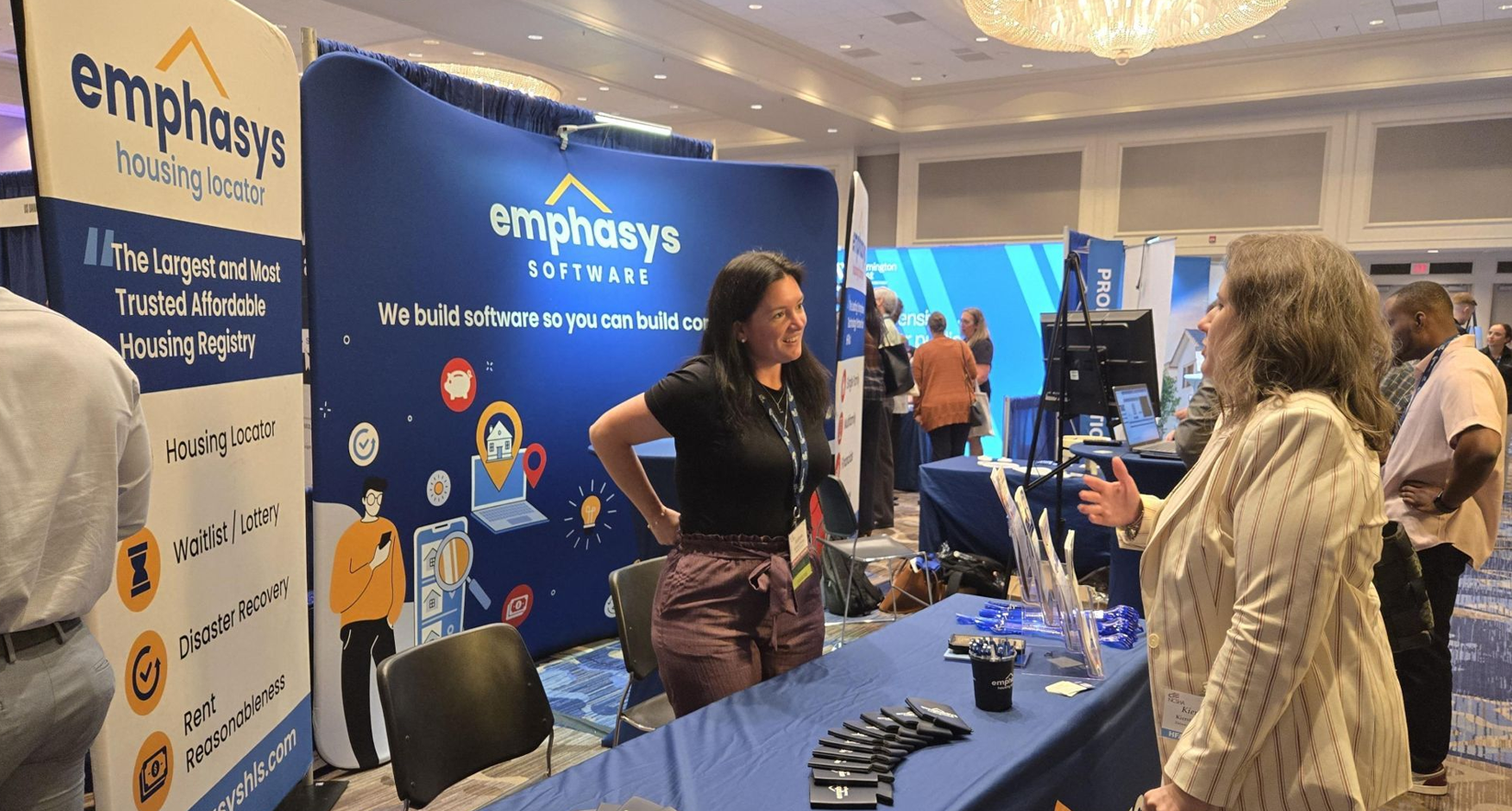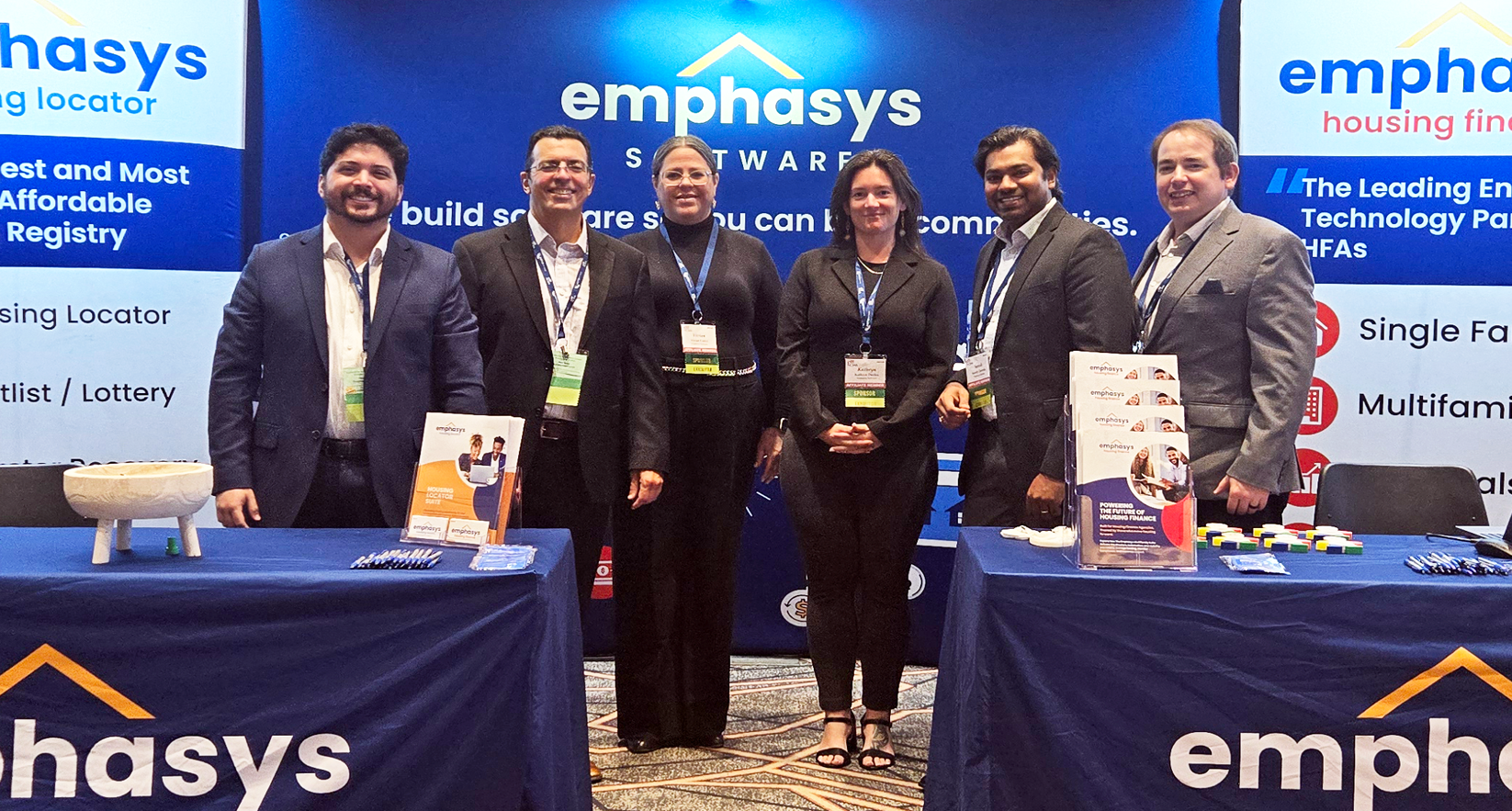What are Affordable Housing Waitlists?
Affordable housing waitlists play a crucial role in ensuring that limited subsidized housing units are fairly distributed to qualified applicants. Due to the ongoing housing crisis and limited availability of income-based housing, these waitlists are a lifeline for individuals and families who need assistance securing stable, affordable homes. Effective waitlist management is essential here, as housing authorities use these waitlists to manage applicant queues, typically determining eligibility based on factors such as household size, income, and residency status. However, the increasing demand for affordable housing has led to longer waitlists, some of which can stretch for years.
Common Challenges with Traditional Waitlist Management
Historically, affordable housing waitlists have been managed manually, with applicants requiredto submit paper-based forms and housing administrators manually updating and maintaining the list. This traditional waitlist management process, while functional in the past, has become outdated in an era where housing demand far exceeds supply. The manual process often leads to inefficiencies, such as:
- Duplicate Applications: Applicants may unknowingly submit multiple applications or fail to update outdated information, leading to inaccuracies in the waitlist.
- Limited Communication: Applicants may wait for years without receiving updates on their application status, leading to frustration and disengagement.
- Human Error: Housing authorities face the risk of errors in processing applications and updating the waitlist, which can delay housing placements and contribute to inequities.
The backlog created by these challenges has far-reaching consequences, not only for the individuals waiting for housing but also for the agencies trying to manage the limited availability of units.
The Need for a More Efficient Waitlist System
How Manual Waitlist Systems Create Bottlenecks
Manual systems rely heavily on paperwork and human input, both of which are prone to inefficiencies. The task of verifying an applicant’s eligibility can take a significant amount of time, especially when applicants are required to submit paperwork multiple times due to missing information. In this traditional setup, administrators must sift through volumes of data to ensure that applicants meet eligibility requirements, which slows down the entire process.
Delays caused by these bottlenecks not only create issues in filling vacancies but also leave eligible families waiting for years with little information about when they might receive housing. This delay leads to inefficiencies within the system and unnecessary housing instability in communities that need affordable solutions the most.
The Impact of Delays on Communities and Housing Agencies
For applicants, these delays can exacerbate housing insecurity. Families may end up living in shelters, temporary accommodations, or overcrowded homes while they wait for a place on the waitlist. This prolonged uncertainty impacts not only their housing situation but also their health, education, and employment opportunities. For housing agencies, these inefficiencies hinder their ability to achieve their mission of providing stable, affordable housing to as many individuals as possible. Communities as a whole suffer when their most vulnerable members face housing instability, which creates a ripple effect on local economies and social services.
What Are Automated Lottery Systems?
Defining Automated Lottery Systems for Housing
Automated lottery systems are digital platforms that allow housing authorities to streamline the management of affordable housing applications and waitlists. These systems use algorithms to assign available housing slots to eligible applicants in a fair and randomized manner, typically prioritizing individuals based on predetermined criteria such as income level, household size, or residency status. The use of automation removes the need for manual processing, speeding up the selection process and reducing human error.
How Automated Systems Work for Affordable Housing Applications
An automated lottery system begins by collecting digital applications from individuals seeking affordable housing. Applicants enter their information, such as household income and family size, into an online platform, which automatically verifies their eligibility based on set criteria. Once the system confirms an applicant’s eligibility, their name is entered into a pool for selection.
When housing units become available, the system runs a lottery to select applicants in a randomized and fair manner, ensuring that every applicant has an equal opportunity based on the system’s weighting criteria. Notifications are then automatically sent to applicants, informing them of their status and next steps in the process.
Benefits of Automated Lottery Systems in Affordable Housing
Reducing Waitlist Backlogs
One of the primary benefits of automated lottery systems is their ability to quickly process applications and reduce the backlog of individuals waiting for housing. By digitizing the process, housing authorities can manage thousands of applications more efficiently. The automation of eligibility checks and the random selection of applicants ensures that the system moves faster, vacancies are filled promptly, and fewer people are left waiting in uncertainty.
Ensuring Fairness and Transparency
Automated systems are designed to increase transparency in the housing application process. Because these systems rely on algorithms rather than manual reviews, there is a significant reduction in the potential for human bias. Automated lottery systems use a set of clear, predefined rules for applicant selection, ensuring that everyone has an equal chance of being chosen. This fairness increases public trust in the process and provides clear records of how decisions are made.
Enhancing Efficiency for Housing Authorities
For housing authorities, implementing automated lottery systems allows them to focus their time and resources on other essential tasks, such as community outreach or property management. Automated systems significantly reduce the administrative workload associated with maintainingwaitlists, verifying eligibility, and manually updating applicant information. The efficiencies gained from automation enable housing agencies to scale up their operations and handle growing demand without a proportional increase in staff or budget.
Emphasys Housing Locator’s Waitlist Lottery Solution
At Emphasys Housing Locator, our Waitlist & Lottery solution is designed specifically to address the inefficiencies of traditional housing waitlists and provide housing agencies with a modern, scalable approach to affordable housing management. Our platform offers:
- Electronic Applications: Applicants can submit their housing applications digitally, reducing the need for paper-based processes and allowing for faster processing.
- Automated Lottery Systems: Our system uses automated algorithms to manage lotteries, ensuring that applicants are selected fairly and randomly while meeting all eligibility criteria.
- Customized Dashboards: Both administrators and applicants have access to customized dashboards that provide real-time updates on the application status, lottery entries, and housing availability.
- Automated Notifications: Applicants receive timely updates via email or SMS, reducing uncertainty and keeping them informed at every stage of the process.
- Secure Document Management: Our platform allows housing agencies to securely collect, store, and manage applicant documents, further streamlining the entire process.
These features enable housing agencies to handle large volumes of applications efficiently, reduce waitlist backlogs, and provide a more transparent and fair process for applicants.
How Emphasys Helps Streamline Waitlists
Streamlining the Application Process
With Emphasys, the application process is streamlined from start to finish. Applicants can submittheir applications online, and the system immediately verifies their eligibility. This reduces errors and speeds up the review process. The digital nature of the system ensures that applications are processed in real-time, reducing wait times and manual intervention.
Automated Notifications and Updates for Applicants
One of the biggest pain points for applicants on traditional waitlists is the lack of communication. With Emphasys, applicants receive automated notifications at each stage of the process, from application submission to lottery selection. These updates help to reassure applicants that their application is being processed and give them clarity about where they stand on the waitlist.
Optimizing Resource Allocation for Housing Providers
For housing agencies, managing resources such as housing units and staff time is critical. Our system provides real-time data on the status of waitlists, housing availability, and applicant eligibility, allowing housing providers to optimize their resource allocation. This data-driven approach ensures that vacancies are filled faster and that the agency can more effectively meet the needs of its community.
Challenges and Considerations for Implementation
Initial Costs and Budget Considerations
While automated lottery systems promise long-term benefits, the initial cost of implementation can be a barrier for some housing agencies. These systems require investment in software, staff training, and data migration. However, the long-term savings in administrative costs and increased efficiency often outweigh the initial expenses.
Overcoming Technical Barriers
Housing agencies may face technical challenges, such as staff training or ensuring that applicants have access to the necessary technology to complete their applications. Emphasysprovides training and support to ensure a smooth transition, and our platform is designed to be user-friendly, even for those with limited digital literacy.
Ensuring Data Security and Applicant Privacy
Data security is a critical consideration for any housing agency implementing a digital system. Emphasys ensures that all applicant data is stored securely and complies with data privacy regulations. Our system uses encryption and secure document management to protect sensitive applicant information.
Predictive Analytics for Housing Needs
Incorporating predictive analytics into automated lottery systems allows housing authorities to better anticipate future housing demand. By analyzing trends in applications, demographic shifts, and economic data, agencies can predict how many affordable housing units will be needed in the future and adjust their strategies accordingly. These predictive models help optimize waitlist management, ensuring that resources are efficiently allocated to meet the needs of growing populations.
The Role of Policy in Supporting Automation
Government policy plays an essential role in encouraging the adoption of automated systems in affordable housing management. Policymakers can offer grants and financial incentives to housing agencies to help cover the costs of system implementation and training. At the same time, regulations should ensure that automated systems are implemented fairly and transparently to maintain public trust in the housing allocation process.
The Importance of Adopting Automated Lottery Systems for the Future of Affordable Housing
Automated lottery systems represent the future of affordable housing management. As demand for affordable housing continues to rise, these systems provide housing authorities with the tools they need to streamline processes, reduce backlogs, and ensure fairness in applicant selection. By adopting this technology, housing agencies can better serve their communities, ensuring that available units are allocated quickly and efficiently to those who need them most.
The move towards automation is not just about improving efficiency—it’s about making the affordable housing process more equitable. Automated lottery systems eliminate human bias, provide transparency, and offer applicants a more straightforward and understandable experience. For housing authorities, these systems reduce the administrative burden and allow staff to focus on more critical tasks, such as community outreach and tenant services.
Final Thoughts on Improving Waitlist Management Efficiency
As housing demand grows, the need for efficient, transparent, and scalable solutions becomes ever more critical. Automated lottery systems, like those offered by Emphasys Housing Locator, provide the tools housing authorities need to meet the challenges of affordable housing management. These systems offer a fair and reliable way to manage waitlists, reducing the time it takes to place families into homes and creating a more transparent process for applicants.
Investing in technology like automated lottery systems will ultimately benefit both housing providers and the communities they serve. The future of affordable housing lies in the adoption of these technologies, which provide long-term solutions to the growing housing crisis.
FAQs: Automated Lottery Systems for Affordable Housing
1. What is the difference between a manual and automated waitlist?
Manual waitlists rely on paper forms and manual processing, which can be slow and prone to error. Automated waitlists, like those provided by Emphasys, are digital platforms that use algorithms to manage applications, ensuring faster processing and fair, randomized selections.
2. How do applicants track their status with an automated system?
With an automated system, applicants can log into an online portal to track their status in real-time. They receive automated updates at key stages, such as application receipt, eligibility verification, and lottery selection.
3. How does Emphasys ensure fairness in the lottery process?
Emphasys uses algorithms designed to remove human bias. The system randomly selects applicants based on predefined criteria such as income and family size, ensuring a fair and transparent process.
4. What are the benefits for housing agencies using an automated lottery system?
Automated lottery systems reduce administrative workload, speed up the application process, and provide real-time data on housing availability. This enables housing agencies to manage resources more effectively and reduce waitlist backlogs.
5. How secure is applicant data in an automated system?
Emphasys ensures the highest level of data security through encryption and adherence to data privacy regulations such as GDPR or CCPA. Applicant information is securely stored, protecting against breaches or unauthorized access.









